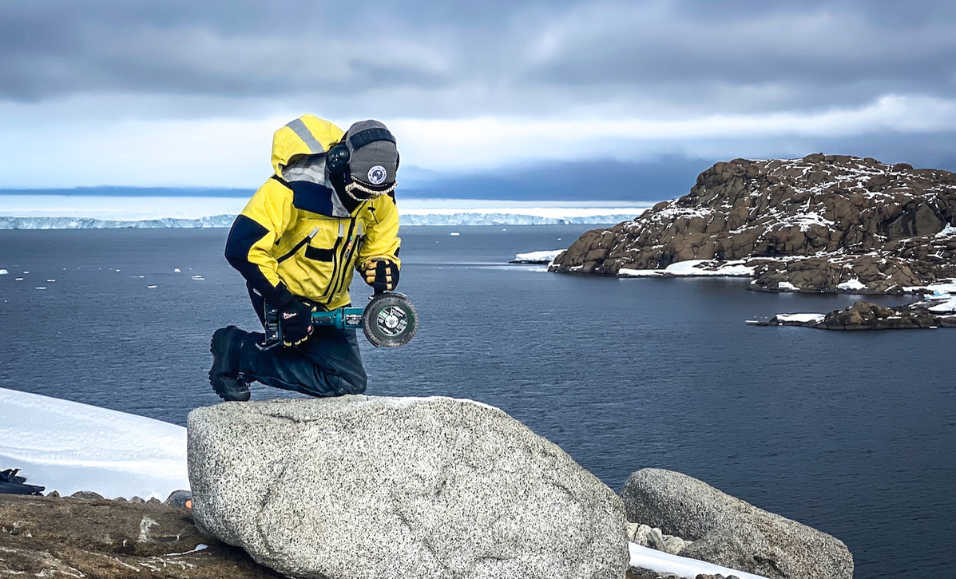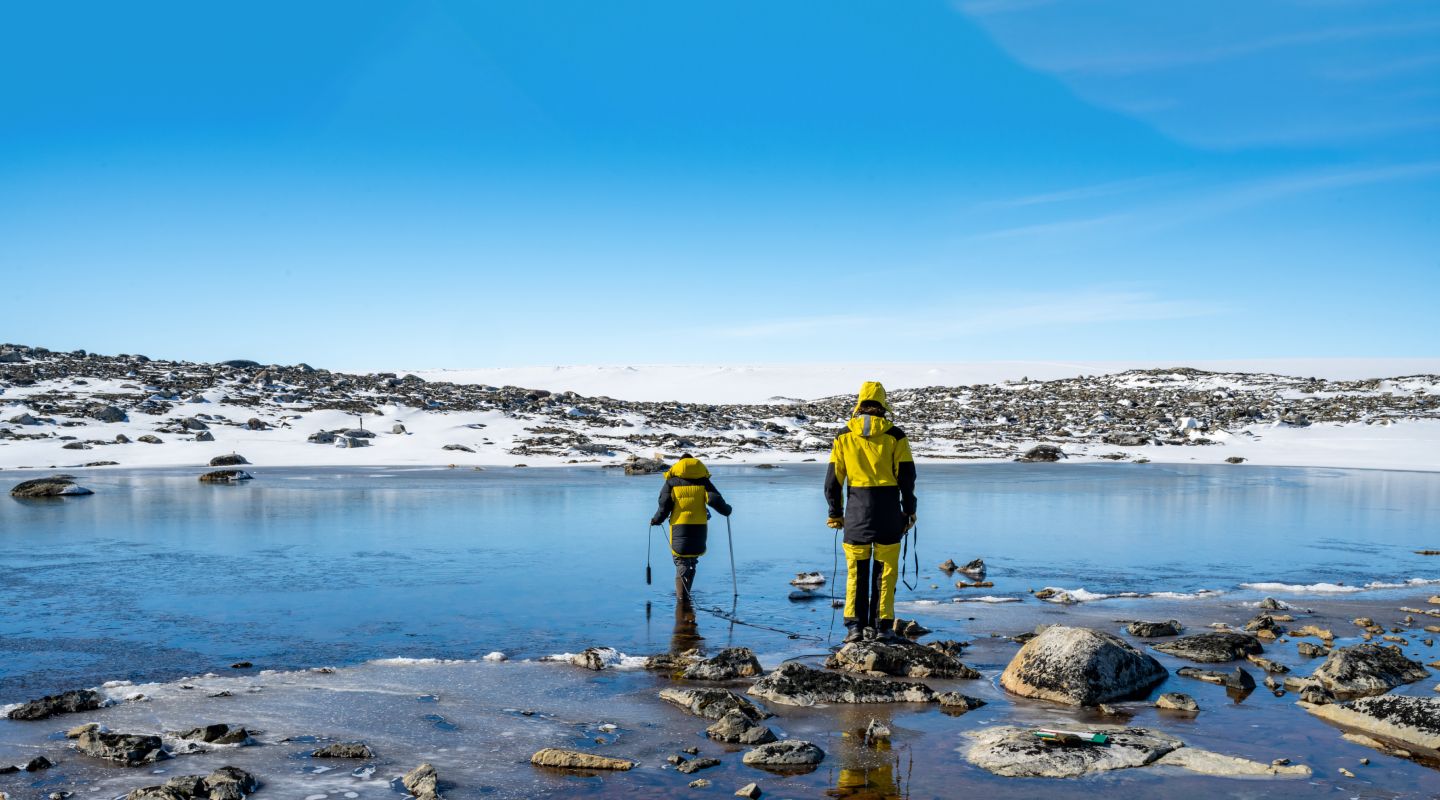SAEF’s Antarctic field season has started with around 20 scientists and professional staff scheduled to make journeys south. They will take part in a series of fieldwork expeditions and leadership initiatives designed to deliver the science and workforce development required to address the region’s most urgent challenges.
Expeditions will take place to the Bunger Hills, Dronning Maud Land, and Cape Bird to complete fieldwork for interdisciplinary research within the fields of glaciology, biology, ecology, remote sensing and more. Meanwhile, four SAEF women will develop their leadership skills as part of Homeward Bound, a global initiative which aims to elevate the visibility and influence of women in STEM.
This year’s activities are taking place against the backdrop of record low sea ice levels and the arrival of H5N1 Avian Flu that is already devastating animal colonies. As Antarctica and the Southern Ocean continue to experience rapid changes that are radiating across the globe, the delivery of science to inform policy-makers on how to address these issues has never been more important.






